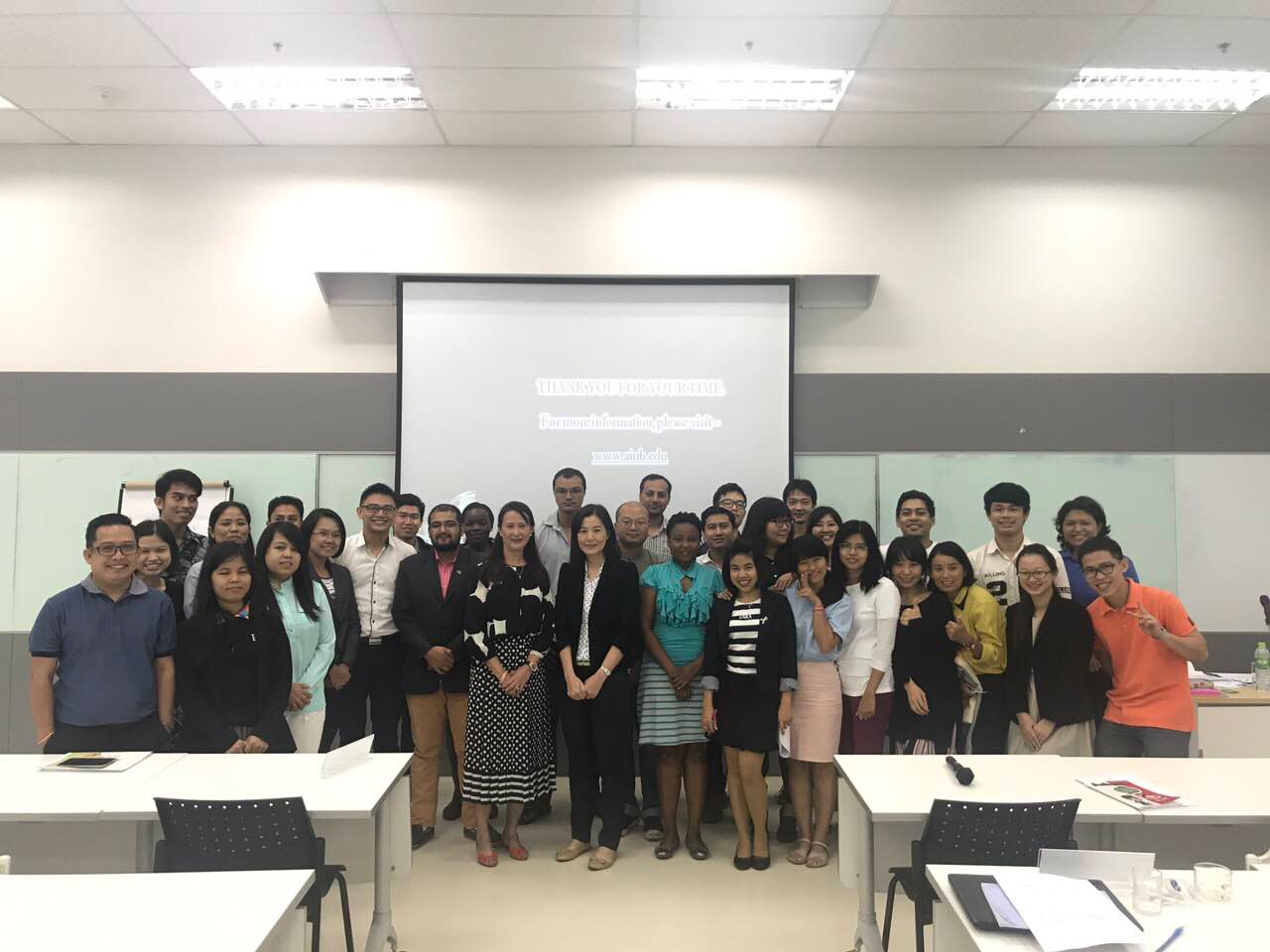As the world advances on multiple fronts - digitally, socially, and economically - change has become an inevitable paradox of the progress, one that comes with both opportunities and challenges. Globalization is no longer an unfamiliar territory. The phase of the phenomenon has passed, leaving behind significant disparities between the developed and developing nations. The cultural differences alone make the challenges paramount. Add that to the socio-economic and political differences prevalent in each country, the education sector is as versatile as it gets. Language and local content all critical to the comprehensive nature of learning, and with the competitive landscapes altering the industry with uncertainties, with each institution not only fighting to keep their own place, but also to create a platform strong enough to survive both the local and global market for education.
Catering to that very need of diversification to enrich the course curriculum of learning in its entirety, one of the most successfully established corporate universities in Thailand, operating under the global conglomerate, CP All Plc., the Panyapiwat Institute of Management (PIM)’s International Master of Business Administration (iMBA) brings together graduate students from countries across continents, to undertake a globalized program that aims to develop core competencies that enable students to gain a competitive advantage in the world today. Each class is taken by a different guest lecturer, ranging from industry experts to academic mentors, who enhance the program even further. As a part of the international collaborations undertaken by the American International University – Bangladesh (AIUB), Vice Chancellor, Dr. Carmen Z. Lamagna, conducted the guest lecture for the program on the 6th of May 2017 on “Managing International Education in Asia”.
With a class of 32 students, each not only coming from a broad spectrum of backgrounds, but also from different ethnicities as well as nationalities, the session covered the managerial concepts in play through many Asian regions, followed by their respective implementation in the management of AIUB as an education institution in Bangladesh. The proactive participation and interactive responses from the students shared their own takes on the concepts at play in their own hometowns, relating them with global practices and benchmarks, making for a constructive session that was concluded successfully with an interesting case study assigned to them for analysis, that will contribute towards their grades at the end of the term. Such collaborative initiatives open up valuable opportunities for expanding academic horizons of knowledge sharing between institutions, breaking boundaries and going beyond the walls of a classroom, and into the near future.



